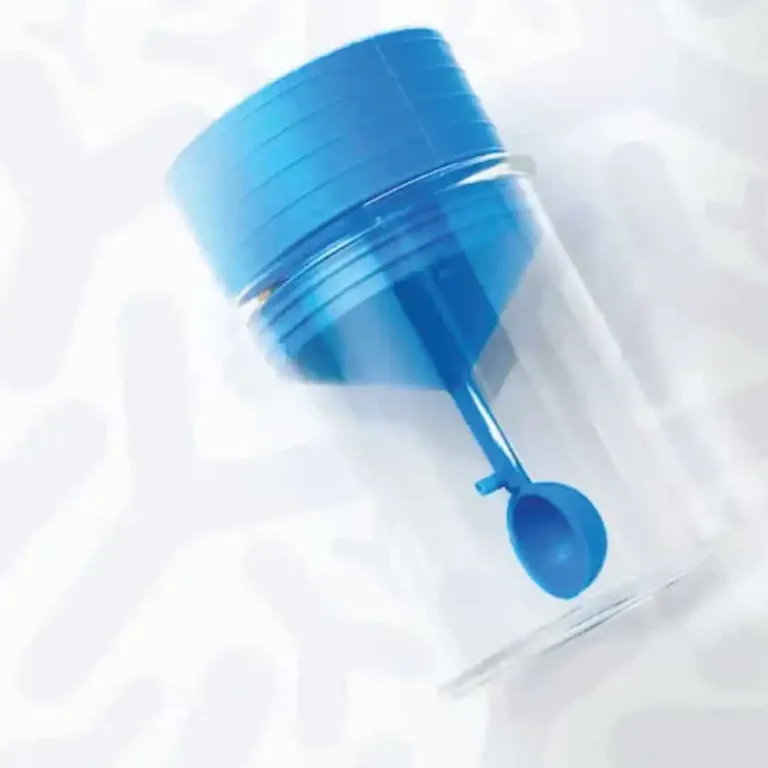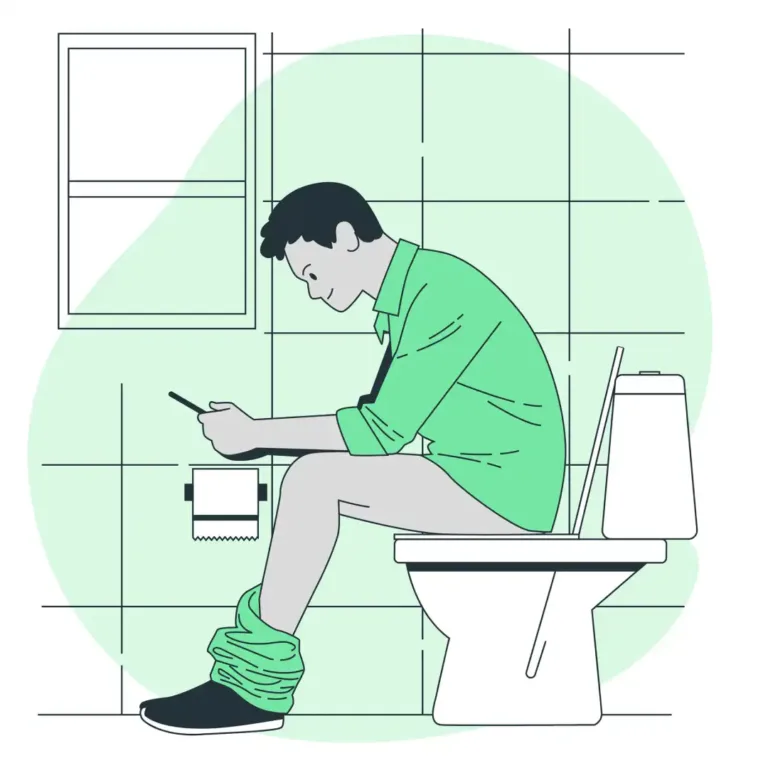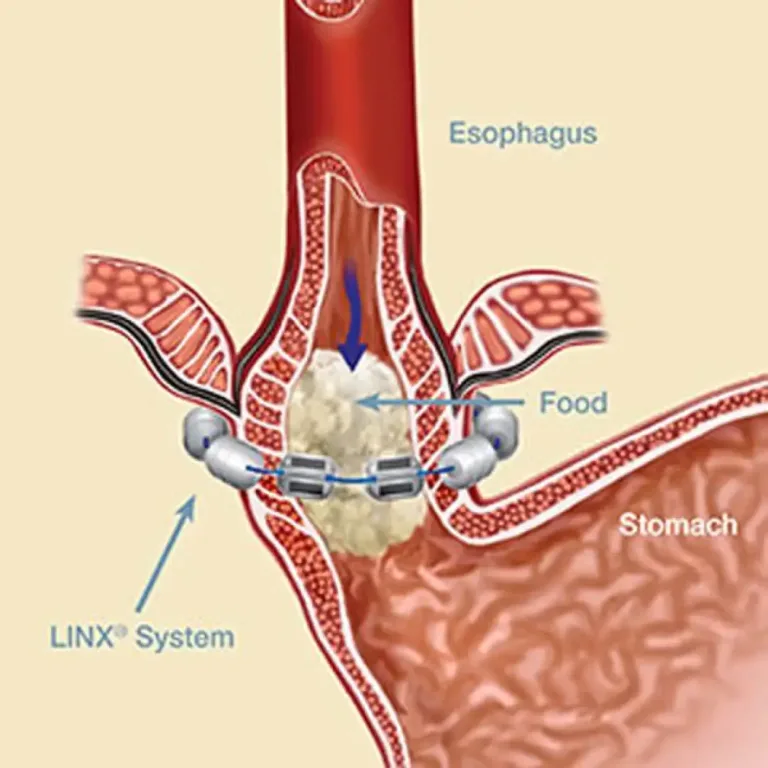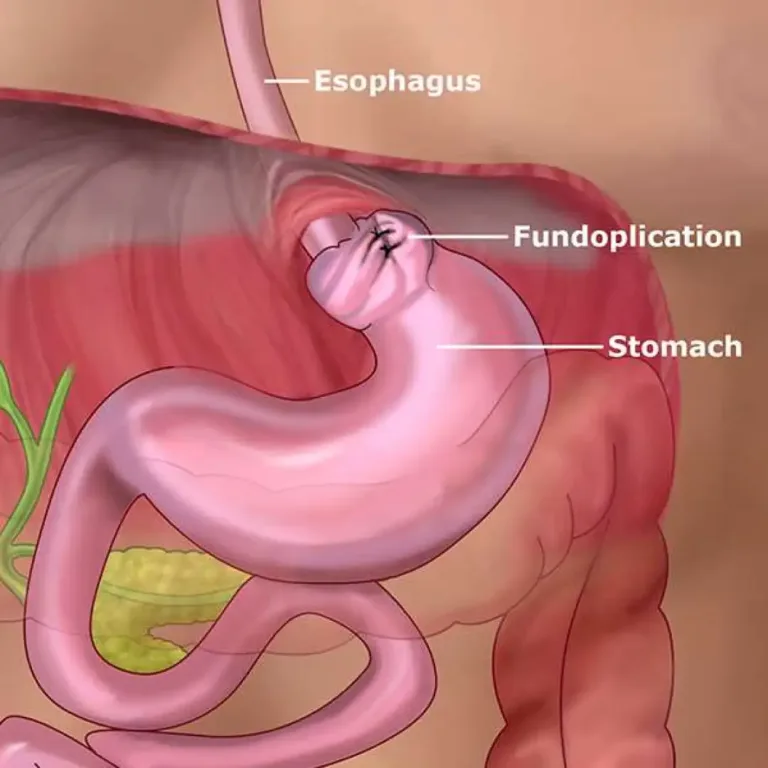What diet is good for bloating
Gastroenterology
What diet is good for bloating
A healthy and balanced diet that includes plenty of fiber, fluids, and probiotics can help alleviate bloating. Here are some general guidelines for an anti-bloating diet:
- Increase fiber intake: Fiber helps keep the digestive system moving and can prevent constipation, which can contribute to bloating. Good sources of fiber include whole grains, fruits, and vegetables.
- Stay hydrated: Drinking enough water can help prevent bloating by softening stools and promoting regular bowel movements. Aim for at least 8 glasses of water per day.
- Limit gas-producing foods: Certain foods, such as beans, lentils, broccoli, cabbage, onions, and carbonated drinks, can cause bloating by producing gas in the digestive system.
- Eat probiotic-rich foods: Probiotics are beneficial bacteria that can help improve gut health and reduce bloating. Foods that are high in probiotics include yogurt, kefir, sauerkraut, and kimchi.
- Avoid artificial sweeteners: Some artificial sweeteners, such as sorbitol and mannitol, can cause bloating in some people.
- Chew your food thoroughly: Chewing your food thoroughly can help prevent bloating by reducing the amount of air swallowed during meals.
- Small, frequent meals: Eating smaller, frequent meals throughout the day can help reduce bloating by preventing overeating and reducing the amount of air swallowed during meals.
It’s important to note that everyone is different, and what may cause bloating in one person may not cause it in another. Keeping a food diary can help you identify which foods may be causing your bloating. If you are experiencing persistent bloating, it’s always a good idea to consult a doctor for a proper diagnosis and treatment plan.
HOW DO YOU INVESTIGATE BLOATING
If you are experiencing persistent bloating, your doctor may perform several tests to help identify the underlying cause. Here are some of the tests that may be used:
- Physical exam: Your doctor will perform a physical exam to assess your abdomen for swelling, tenderness, and any other physical signs of bloating.
- Blood tests: Blood tests can help rule out underlying conditions, such as anemia or liver disease, that may cause bloating.
- Stool sample analysis: Your doctor may ask for a stool sample to check for any abnormalities or signs of infection that could be causing bloating.
- Imaging tests: Imaging tests, such as an abdominal X-ray, CT scan, or ultrasound, can help determine if there is a blockage in the intestines or other abdominal organs that could be causing bloating.
- Gastrointestinal function tests: Tests, such as a lactose intolerance test or hydrogen breath test, can help determine if you have a food intolerance that is causing bloating.
- Endoscopy: An endoscopy is a procedure that allows your doctor to look inside your digestive tract using a lighted scope. This test can help determine if there is a structural problem in your intestines that is causing bloating.
It’s important to keep in mind that not all tests are necessary for every individual, and the specific tests recommended will depend on your symptoms and medical history. Your doctor will work with you to determine the best course of action for investigating your bloating.
Schedule an appointment
Related Articles
What diet is good for bloating Read More »





